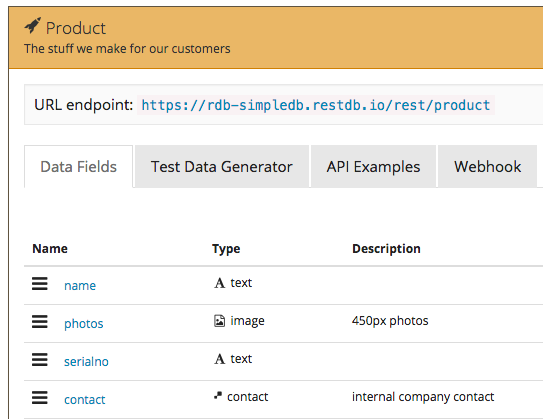
restdb.io is a NoSQL database cloud service. Data is accessed as JSON objects via HTTPS. This gives great flexibility, easy system integration and future compatibility.
A schema with Collections (tables), fields and relations are created directly in your web browser. restdb.io dynamically creates a REST API and a Javascript API to reflect your schema.
Data access is secured with API-keys or by external user authentication using the Auth0 service. You can query the database easily with an URL parameter containing a MongoDB like query.
A realtime API for listening on REST events (POST,PUT,DELETE) or custom events opens up many possibilities.
To create flexible integrations, each collection can also have webhooks or codehooks (server-side Javascript).
restdb.io supports the most common data types like text, numbers, boolean and date. To save development time, restdb.io also has built-in support for media and documents.
Adding a relation between two collections is just as simple as adding a new field. To support a variety of scenarios, 3 types of relations are supported: one-to-one, one-to-many and parent/child.
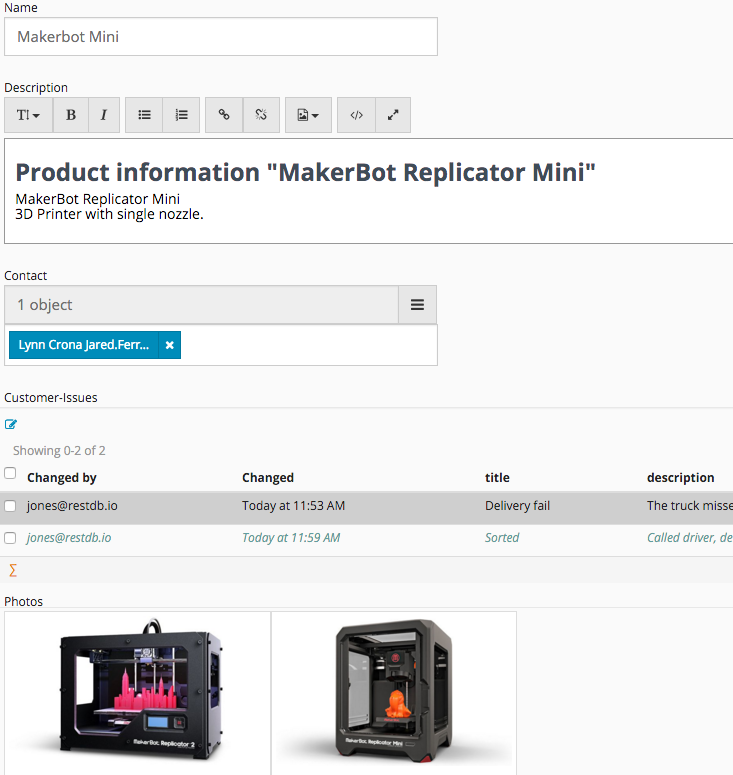
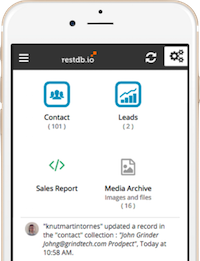
Users can access data and collaborate from any device. They can find, navigate and create data records in a simple way. The main features of the Data Manager includes:
Add roles to any collection in your restdb.io cloud database to specify who can read, create, update or delete records in it.
Customers, business partners, part-time employees, contractors or colleagues. Now you can safely invite them to collaborate without worrying about the integrity of your database.
With private data enabled for a collection, users will only see data that they created themselves. Perfect for personal data like tasks and hours.
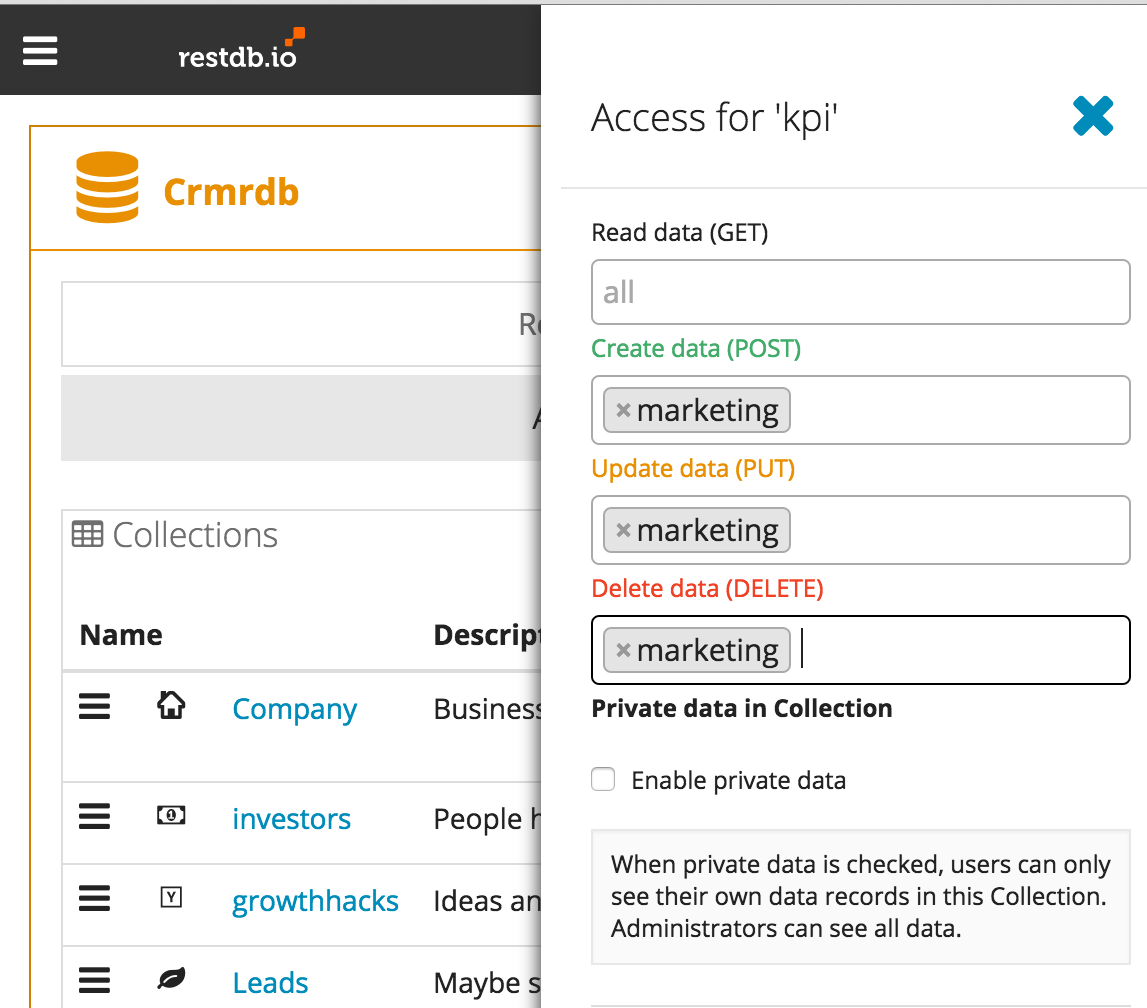
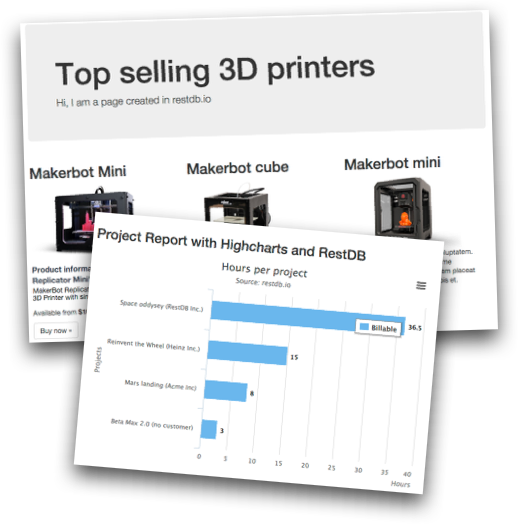
restdb.io server-side Pages are powerful and can serve any content type (HTML, JSON, CSS, RSS, text etc) through an URL endpoint directly from your database. Pages are perfect for database-driven and dynamic web sites, reports, dashboards, information boards, feeds and much more. You code Page templates using server-side Handlebars tags to query the database and display the dynamic parts.
Simplified example of a Page template returning items in HTML.
{{#context}}
{
"laptop": {
"collection": "products",
"query": {"category": "laptops"},
"hints": {"$orderby": {"date": -1}}
}
}
{{/context}}
<table>
{{#each laptop}}
<tr>
<td> {{name}} </td>
<td> {{price}} </td>
</tr>
{{/each}}
</table>If you want to use your own domain with restdb.io's Pages, all our plans support this. Paid plans also supports HTTPS automatically using Let's Encrypt.
Check out restdb.site for more demos (you can view the source on each page).
Sometimes you need example data, either for visualizing out how reports/Pages will look like or because you need data in the REST API for other testing. With the Random Data Generator it only takes a few seconds to populate thousands of new data records.
You can choose from several groups of generators:
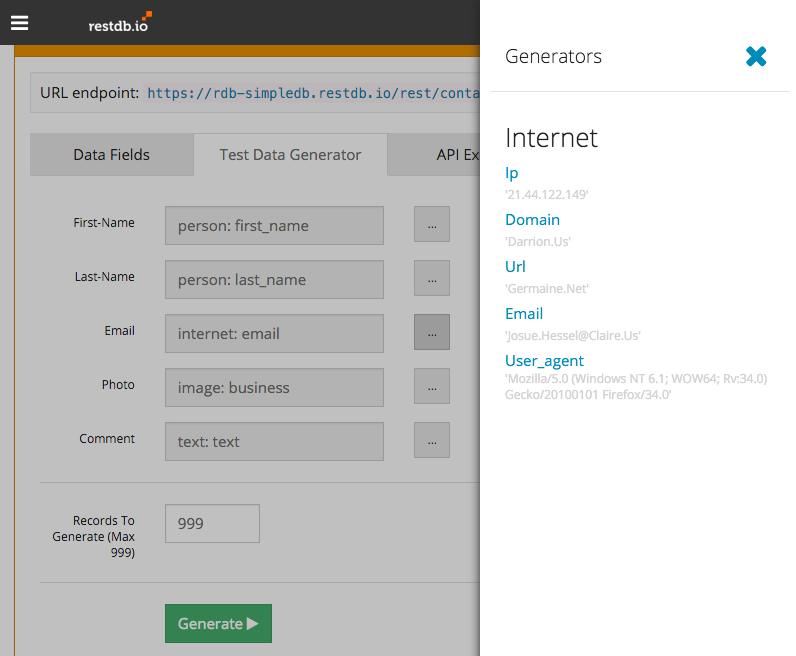
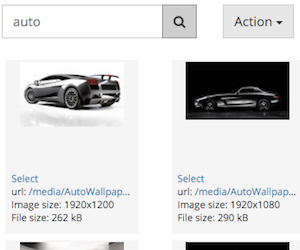
restdb.io has its own, secure Media Archive where images can be saved and retrieved. Images are automatically stored in three formats (thumbnail, web and original size). You can also upload other documents and file types.
Combined with the REST API, the media archive makes it easy to use restdb.io when you need to show dynamic content on web pages.
restdb.io can import from Excel, CSV and JSON and export to CSV and JSON formats. A quick way to create collections is to import data from a file. The only requirement is that the field names are stored in the first row (Excel/CSV). If you later need to add or update data from a file, that's just as easy.
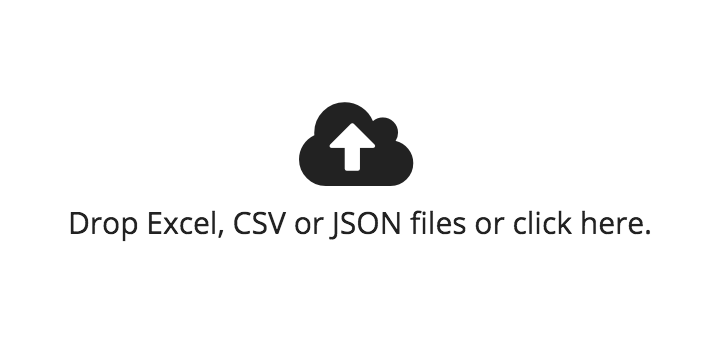
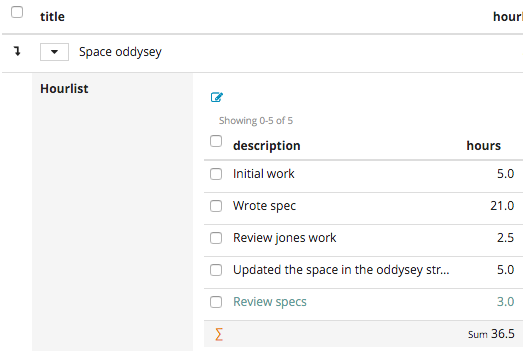
With computed fields you can add a field whose value is an expression involving other fields. A simple example is to have a PRICE_INC_VAT field that is PRICE * 1.20.
Available aggregation functions for lists of records are SUM, AVERAGE, MINIMUM, MAXIMUM and COUNT. These functions are automatically recomputed if you filter the list.
The built in web form generator will generate a HTML form and Javascript code that you can include in a web page to get data into your database. It even supports image and file attachments.
Mailing lists, Job applications, Event registrations, here we go!
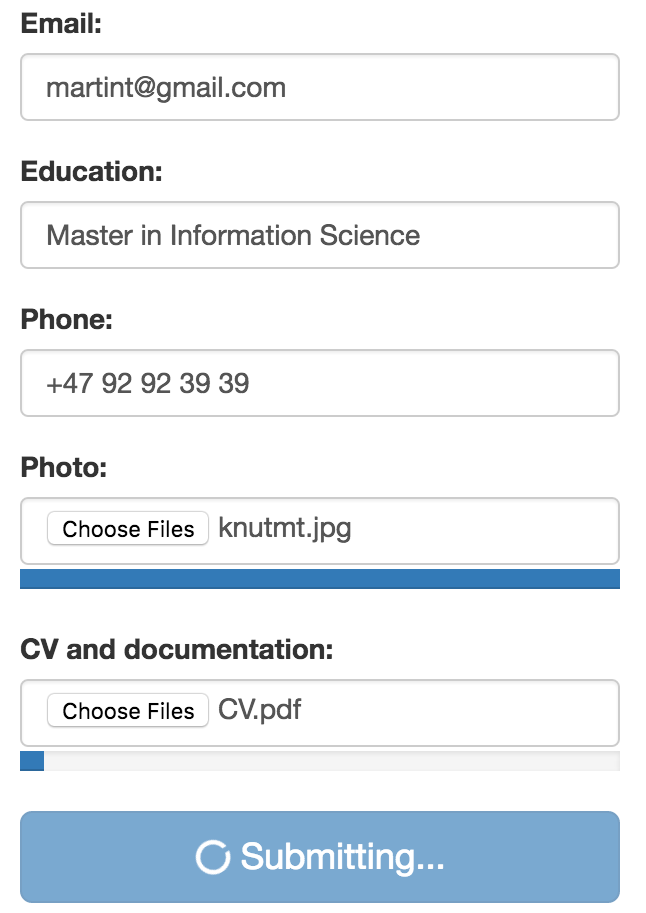
This feature lets you take a snapshot of your database with its structure, web pages, data and media and then later restore it in the same or a new database.
Create a Snapp whenever you need a backup to freeze a particular state of your solution.
Use Snapps to move between development and production easily (staging).
And last (but not least) - share your creations with anyone. Just make a Snapp public and share it with a key. Anyone using the key can use it to instantly be up and running with a complete solution.
Why don't you start thinking about creating an account, a test database and perhaps invite someone you want to work with? And remember, development databases are free.
Need help? We are here to help you, so don't hesitate to get in touch.
